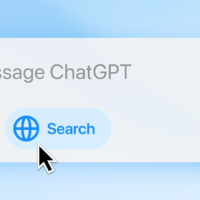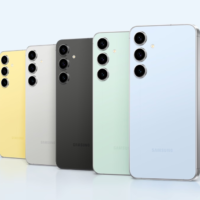
Apple’s latest flagship, the iPhone 16 Pro, promises remarkable advancements in camera technology, display quality, and internet speeds. Early tests reveal that the iPhone 16 Pro achieves download speeds up to 26% faster than its predecessor, the iPhone 15 Pro, highlighting significant improvements in connectivity.
5G Performance Boost: iPhone 16 Pro Takes Flight
As in previous years, Apple continues to equip its latest iPhone models with cutting-edge Snapdragon modems, aiming to provide the best possible connectivity experience. After Intel sold its modem division, Apple transitioned to Qualcomm chips, which now power the iPhone’s enhanced 5G capabilities.
Thanks to the Snapdragon X75 modem, the iPhone 16 Pro offers not only faster data speeds but also improved energy efficiency. This new modem optimizes data processing, allowing users to enjoy longer battery life. The reduced power consumption translates to better overall device performance, enhancing the user experience for iPhone enthusiasts.
iPhone 15 Pro vs. iPhone 16 Pro: Speed Tests Across Major Networks
Recent tests conducted by SpeedSmart on major U.S. carriers like Verizon and T-Mobile demonstrate the iPhone 16 Pro’s impressive download speeds. On Verizon’s network, the iPhone 16 Pro reached average download speeds exceeding 400 Mbps, compared to the iPhone 15 Pro’s 324 Mbps. On T-Mobile, the iPhone 16 Pro achieved speeds of over 400 Mbps, while the iPhone 15 Pro topped out at 376 Mbps. Meanwhile, on AT&T’s network, the iPhone 16 Pro reached 296 Mbps, surpassing the iPhone 15 Pro’s 214 Mbps.
These results underscore the iPhone 16 Pro’s superior 5G capabilities, making it one of the fastest smartphones on the market in terms of download speeds. This speed advantage not only enhances everyday usage but also improves streaming, gaming, and other data-intensive activities.
Apple’s 5G Future: In-House Modems on the Horizon?
Apple continues to develop its own 5G modem technology, with plans to introduce a proprietary modem in the iPhone SE model expected in 2025. However, given that Apple’s agreement with Qualcomm extends until 2027, it’s unlikely that the company will fully transition away from Qualcomm’s modems anytime soon.
This ongoing collaboration with Qualcomm ensures that iPhone users will continue to benefit from the latest advancements in 5G technology, at least for the next few generations of devices.
Your Thoughts?
What do you think of the iPhone 16 Pro’s enhanced speed and efficiency? Will these improvements be enough to set it apart from its competitors? Share your opinions with us in the comments section below!










